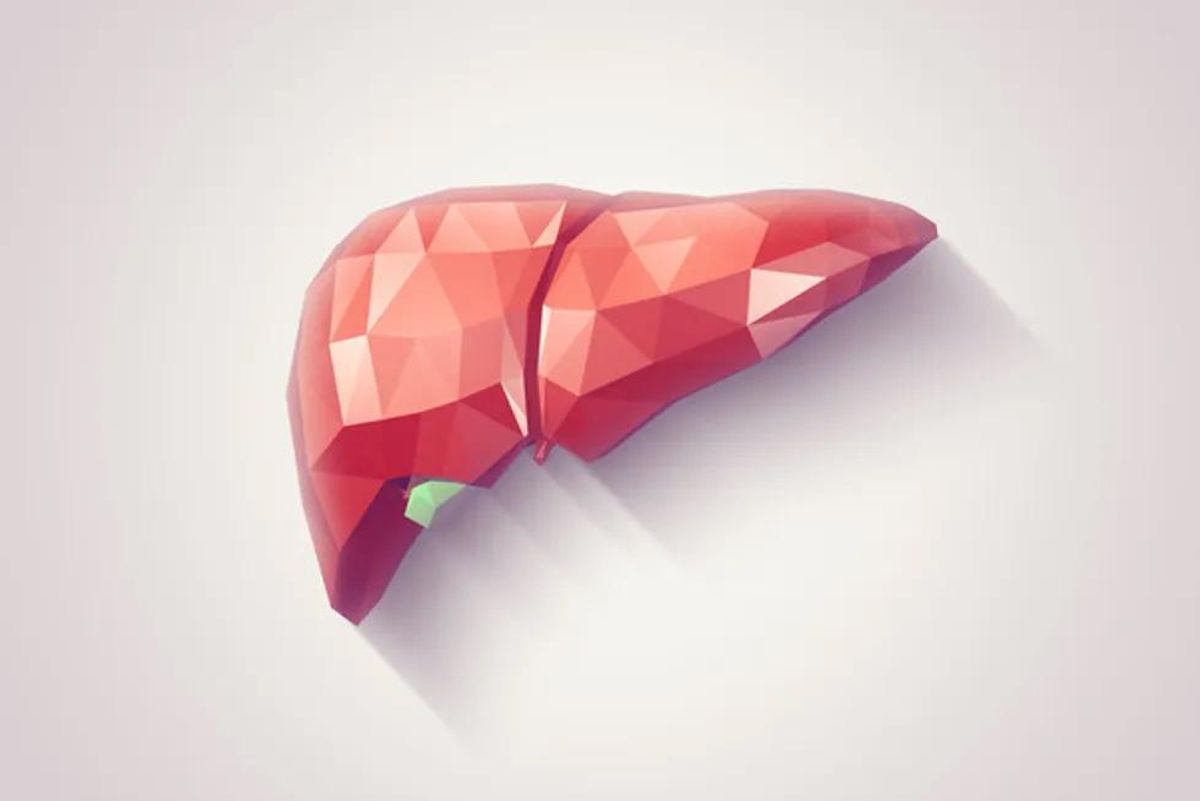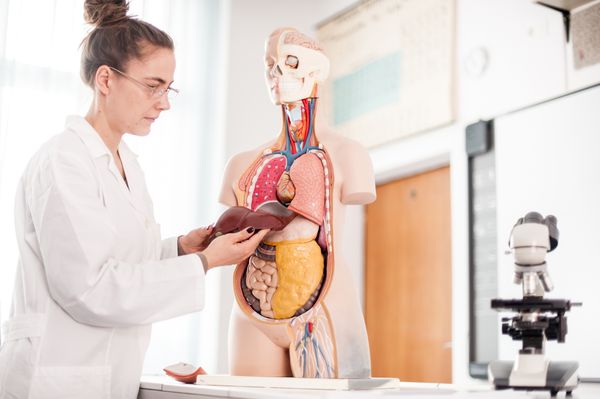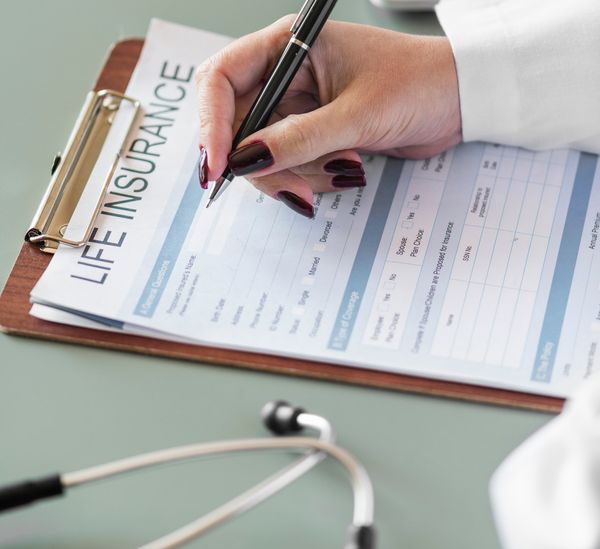Why is the liver important?
The liver is the second largest organ in your body, weighing about three pounds. It is located under the right rib cage and is shaped like a football flattened on one side.
The liver performs many jobs in your body, including processing what you eat and drink into energy and nutrients your body can use. It also removes harmful substances from your blood.
How can you take care of your liver?
- Adopt a healthy lifestyle.
- Eat a healthy diet and exercise regularly.
- Eat a balanced diet from all the food groups: grains, fruits, vegetables, meat and beans, dairy and fats.
- Minimize intake of simple carbohydrates, such as sweets, and foods rich in saturated fat, such as fried foods.
- Maintain a healthy weight with an ideal body mass index (BMI) of 18.5 to 24.9. Your BMI is based on your weight and height, and you can calculate it easily here.
- If you drink alcohol, drink moderately.
- Alcohol can damage or destroy liver cells.
- Ask your health care provider how much alcohol is considered safe for you. General guidelines recommend no more than one standard drink per day for women and no more than two per day for men (a standard drink is 12 ounces of beer or wine cooler, 4-5 ounces of wine or 1.5 ounces of 80-proof liquor). However, if you have liver problems or certain other health conditions, your health care provider may recommend stricter limits.
- Manage your medications.
- Learn how some medicines can affect the liver. When you take too much of some medicines (such as excessive acetaminophen, often greater than 4 grams per day) or take the wrong medications or mix certain types (such as acetaminophen plus narcotics containing acetaminophen), it can harm the liver. Always follow the instructions on the medication and from your health care provider.
- Ask your health care provider or pharmacist if your medications could harm your liver.
- Avoid mixing alcohol with medicines, especially with acetaminophen and/or narcotics. Some combinations, even if they are not taken at the same time, can harm your liver—potentially causing liver failure requiring liver transplant.
- If you are considering herbal medications, make sure you learn about their potential side effects, because some can cause liver injury. Always talk to your health care provider before starting a new medication, even an herbal medication.
- Avoid touching toxins or inhaling toxic fumes because they can injure liver cells.
- Limit direct contact with toxins from cleaning and aerosol products, insecticides, chemicals and cigarette additives.
- Do not smoke.
- The liver is the second largest organ in your body.
- It is located under your rib cage on the right side.
- The liver processes what you eat and drink into energy and nutrients your body can use, and it detoxifies harmful substances present in your blood.
- Eating a healthy diet, exercising regularly and avoiding intake of toxins that can harm the liver are important to good liver health.
- Always wash your hands with soap and warm water immediately after using the bathroom or changing a diaper.
- Always wash your hands with soap and warm water before preparing or eating food.
- If you're traveling to a high-risk area, such as an undeveloped nation, talk to your health care provider about whether you need a vaccination. Also ask about good hygiene practices and clean, safe water supplies where you're traveling. You may be told to avoid uncontrolled water sources, raw shellfish, and uncooked food. All fruit should be washed and peeled. Boiling water or adding iodine inactivates the virus. People with HAV infection who are treated at home should follow strict hygiene precautions, as should those around them.
- Do not share needles.
- Practice safe sex.
- Do not share razors, toothbrushes or other personal items.
- Use only clean, sterile needles for tattoos and body piercings.
- Do not share needles.
- Practice safe sex.
- Do not share razors, toothbrushes or other personal items.
- Use only clean, sterile needles for tattoos and body piercings.
- Get medical care if you are exposed to blood or needle sticks at work.
- Eat a healthy diet.
- Maintain a healthy weight.
- Exercise regularly.
- Limit the amount of alcohol you drink.
- Maintain normal cholesterol levels.
- Get excellent control of your diabetes.
- Eat a healthy diet.
- Maintain a healthy weight.
- Exercise regularly.
- Limit the amount of alcohol you drink.
- Maintain normal cholesterol levels.
- Get excellent control of your diabetes.
Facts About Your Liver
Common Liver Diseases and Prevention
Liver disease is a general term that refers to any abnormal process (infection, poisoning or cancer, for example) that affects liver tissues. Without a functioning liver, the body cannot sustain life. If about three-quarters of your liver tissue is severely damaged, your liver will begin to fail and you may need a liver transplant.
According to the American Liver Foundation, one in 10 Americans is affected by liver disease. Liver disease is one of the top 10 causes of death in the United States.
There are more than 100 liver diseases. Below are some of the most common liver diseases and ways you can help prevent them and keep your liver healthy:
Hepatitis A
Hepatitis A is a liver disease caused by the hepatitis A virus (HAV). HAV can cause the liver to swell and not work well. It is most commonly transmitted through person-to-person contact and is generally limited to close contacts. Transmission through blood products is uncommon.
Prevention: Hepatitis A vaccination is the best way to prevent infection by HAV. Other ways to stop the spread of HAV are:
Hepatitis B
Hepatitis B is a liver disease caused by the hepatitis B virus (HBV). HBV can cause the liver to swell and can lead to cirrhosis and liver cancer.
Prevention: Hepatitis B vaccination is the best way to prevent HBV. Other ways to stop the spread of HBV are:
Hepatitis C
Hepatitis C is a liver disease caused by the hepatitis C virus (HCV). HCV can cause the liver to swell and can lead to cirrhosis and liver cancer.
Prevention: There is no vaccine to prevent HCV. The only way to prevent HCV is to avoid direct contact with infected blood. Other ways to stop the spread of HCV are:
Nonalcoholic Fatty Liver Disease (NAFLD)
Fatty liver disease is the build-up of fat in liver cells. It can cause the liver to swell and can lead to cirrhosis and, rarely, has been known to cause liver cancer.
Prevention: Ways to prevent fatty liver disease are:
Nonalcoholic Steatohepatitis (NASH)
NASH is a type of fatty liver disease associated with liver inflammation. It causes the liver to swell and become damaged due to reasons unrelated to alcohol.
Prevention: Ways to prevent NASH are:
Primary Biliary Cholangitis (PBC)
PBC is a progressive autoimmune disease (your immune system attacking your own body) that damages or destroys the bile ducts in the liver. When the ducts are destroyed, bile builds up in the liver contributing to inflammation and scarring (fibrosis). Eventually this can lead to cirrhosis and associated complications, as scar tissue replaces healthy liver tissue and liver function becomes increasingly impaired.
Prevention: The exact cause of PBC is unknown. However, it is known that PBC is not caused by alcohol or illegal drug use. It is an autoimmune disease that occurs in genetically susceptible individuals and cannot be prevented.
Alcohol-Related Liver Disease
Alcohol-related liver disease is caused by drinking too much alcohol. It can cause the liver to swell and can lead to scarring and then cirrhosis.
Prevention: The best way to prevent alcohol-related liver disease is to not drink more alcohol than what your health care provider recommends.
This resource was created with the support of Intercept Pharmaceuticals.
For more information, visit www.livingwithPBC.com.







